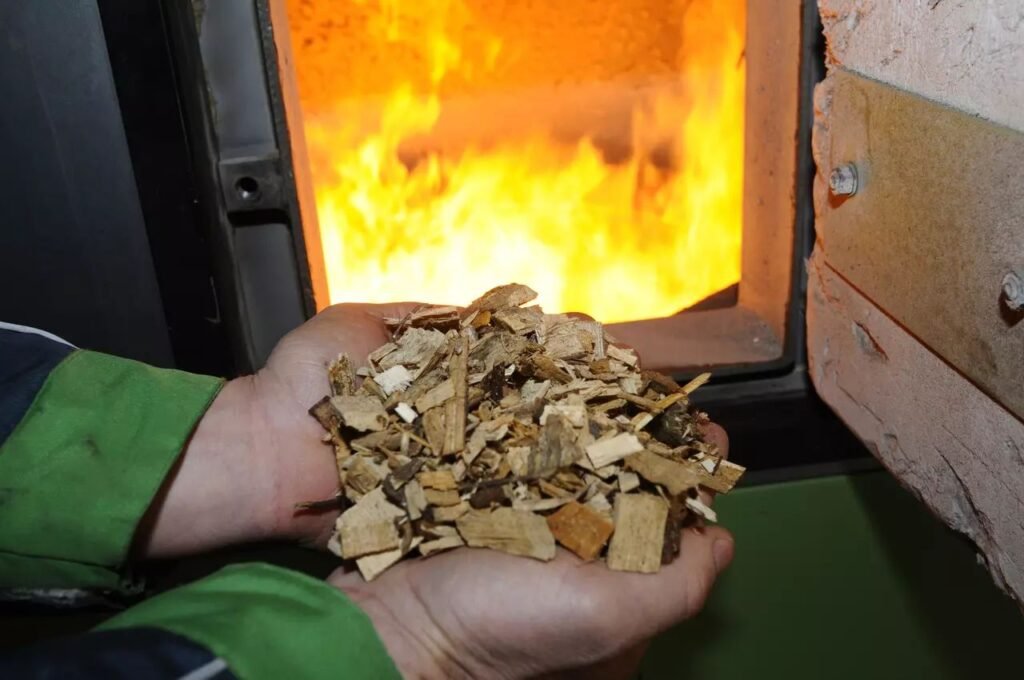Hindustan Unilever Ltd (HUL), India’s largest consumer products company, has phased out coal usage throughout its businesses in India, replacing it with cleaner biomass and biodiesel as part of a climate-change mitigation strategy.

Although the path to zero coal consumption began five years ago, with parent company Unilever vowing to phase out coal by 2020, HUL accomplished the task a year ahead of schedule and recently converted three plants purchased from GlaxoSmithKline Consumer Healthcare in April 2020 to biofuels.
HUL has a network of 32 production facilities around the nation, spanning all product categories, as 98 percent of the products which is distributed in the country are manufactured in India. All the companies stopped using coal in 2019 and began utilizing two alternative fuels: furnace oil, which is still a petrol or crude oil-derived fuel, and biomass.

The biomass that the firm utilizes consists of stubble and sawdust left over after harvest. They get biomass and sawdust from local populations. Due to the fact that sawdust cannot be delivered over a long distance due to the high cost of transportation.

And by doing so, the environmental advantage of utilizing biofuels is negated, since the biomass is still carried using diesel-powered vehicles. This transformation has the effect of increasing HUL’s green footprint while also improving the air quality surrounding its operations and increasing farmer income via biomass purchases.
Reference- HUL website & Online PR, The Hindu, Live Mint, Business Standard






